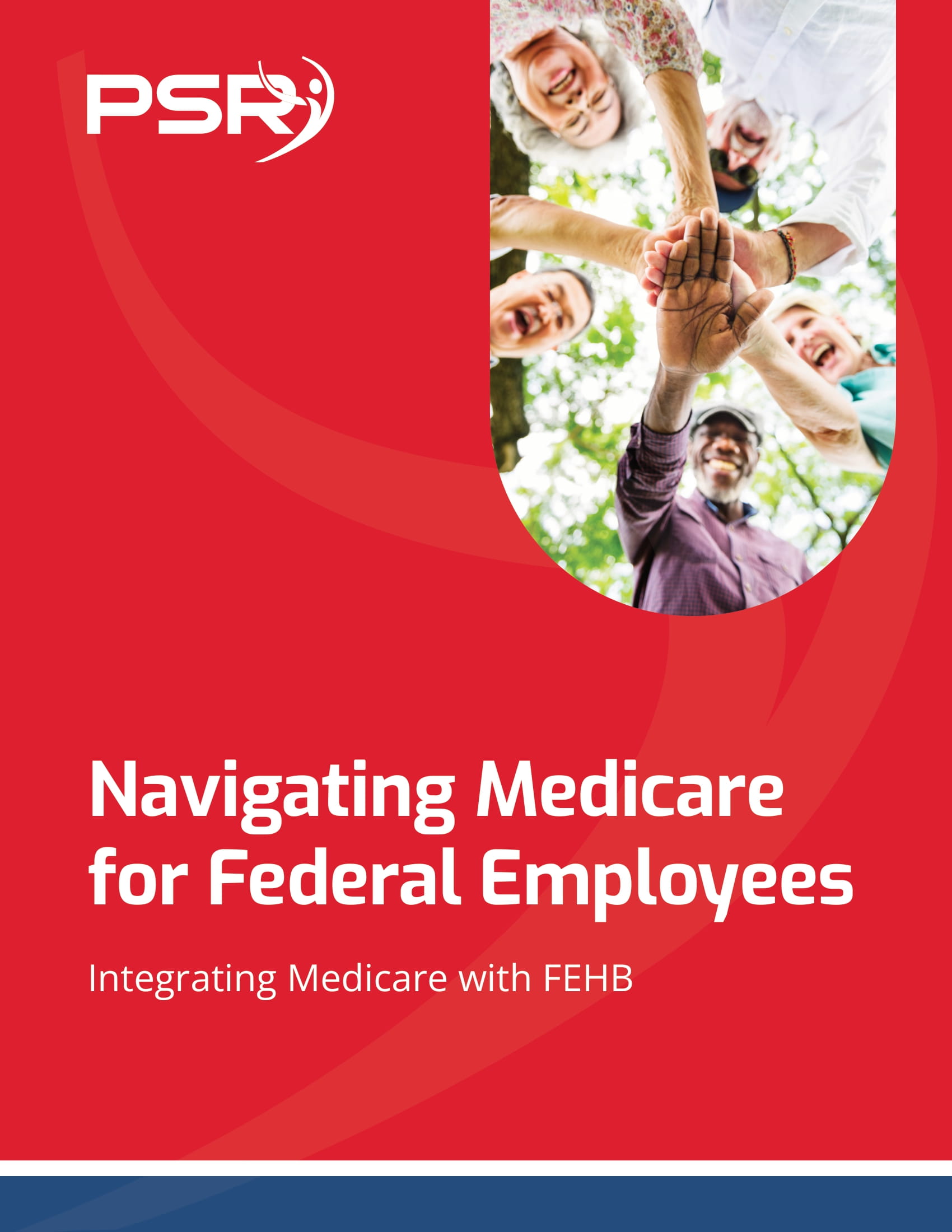Long-Term Care
 We are living in a new world today one reason being individuals are living much longer than generations prior. Therefore the extension of resources is critical to sustaining a good quality of life for an aging population. There is an increasing need for expanded services for the elderly and informed. There is no denying that as we age, the possibility of needing someone to take care of us will become a reality. How do we begin to make plans early to cover the cost of the extra care we will need as an aging population, with many individuals living well past 100?
We are living in a new world today one reason being individuals are living much longer than generations prior. Therefore the extension of resources is critical to sustaining a good quality of life for an aging population. There is an increasing need for expanded services for the elderly and informed. There is no denying that as we age, the possibility of needing someone to take care of us will become a reality. How do we begin to make plans early to cover the cost of the extra care we will need as an aging population, with many individuals living well past 100?
- Also Read: Divorce and Your Federal Pension—What Happens When You Split Assets and How It Could Affect Your TSP
- Also Read: What Happens to Your Federal Benefits After Divorce? Here’s the Lowdown
- Also Read: The Best FEHB Plans for 2025: Which One Fits Your Lifestyle and Budget the Best?
The cost of nursing homes and skilled-nursing care can be expensive thus impacting the decisions we make about elder care for ourselves or family members. Although, we generally think of nursing home care for the elderly, after 2 wars with military personnel returning home with major injuries and disabilities, nursing homes are no longer just for the elderly. Our world is changing most emphatically. The tragedy and the reality is that an increasing number of people under age 50 are in need of LTC.
Few of us ever thought about including long-term care in our financial plans 20 or 30 years ago. Long-term Care Insurance is most affordable before reaching age 50. After that age, the cost begins to escalate even for policies offered through federal benefits. If LTC insurance has not been purchased prior to age 50, it does not mean that you should not consider it. It only means that it would be prudent to examine and evaluate a number of policies to determine if one fits into your financial plans.
P. S. Always Remember to Share What You Know.
RELATED ARTICLES








